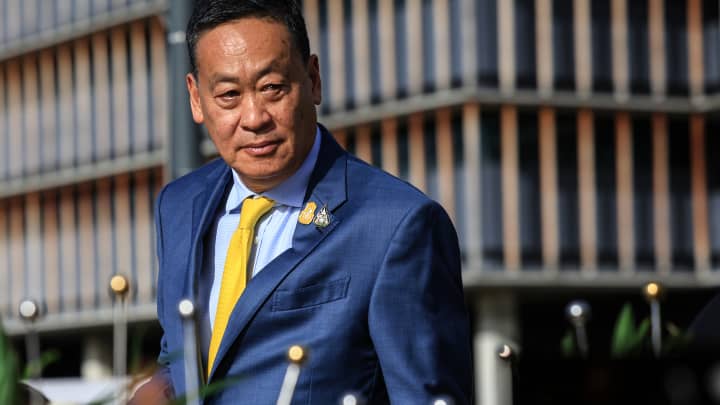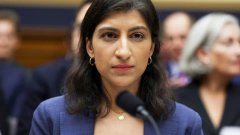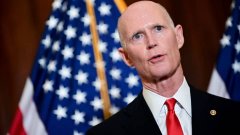
Thai Prime Minister said on Monday his government will be rolling out more policies by the year's end to lower living costs, including gradually reducing electricity prices and raising the minimum daily wage.
To counter soft demand for Thai exports and low investor confidence, Srettha and his 11-party government have promised to revive Southeast Asia's second-biggest economy with a series of populist measures including suspending debts for farmers, raising minimum wages and providing handouts to all Thai adults via digital wallets.
"We've already reduced electricity prices but want to reduce more but it will take several weeks," the premier said, adding the country's economic situation is "not so good".
The economy is expected to grow this year, but Srettha has a target of annual growth.
"In addition to lowering cost of living is increasing wages," he said, adding that an announcement could be expected in November.
At a forum hosted by Thai media outlet, Thairath, Srettha, who took office last month, spoke on a range of topics including the impact of the El Niño weather phenomenon on the rice-growing country's second harvest of the year and the need to explore alternative crops.
He said his administration wants to open up new agriculture markets in Africa and the Middle East with a focus on halal products, and expand free trade agreements with partner countries, but did not provide details.
Srettha, a real estate mogul and political newcomer, has come for policies the opposition say lack clear direction. But the PM has said the policies would be fiscally .
Srettha said he will attend the United Nations General Assembly in New York this week, adding his administration maintain the country's neutral stance on the world stage.
"We have good relations with China and the United States. We have to be neutral. Not leaning one way or the other," he said.
He also plans to meet top business executives during his U.S. trip to draw more investment to Thailand.




